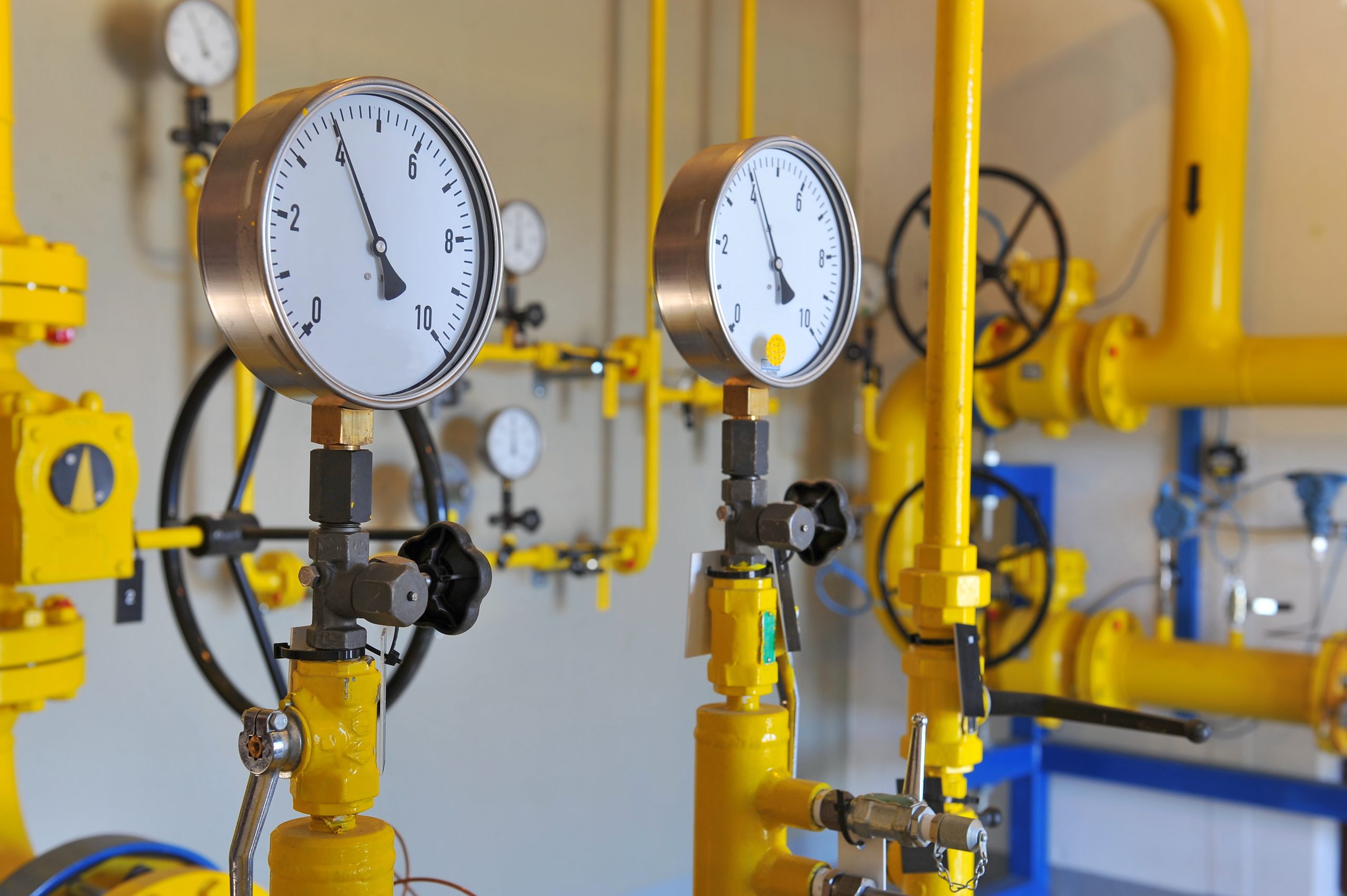
2023 Trends in the Oil and Gas Industry
The United States oil and gas industry has gained momentum heading into 2023 due in no small part to the renewed interest in natural gas as the country transitions to clean energy.
Natural gas has earned a somewhat-unjustified reputation as nothing more than an affordable byproduct of oil drilling. But after Russia’s invasion of Ukraine led to a historic energy crisis in Europe, national governments began devoting more time and resources to the natural gas market.
As energy policies shifted, natural gas assumed a more significant role in the transition to clean energy — a role that will continue to grow as plans unfold throughout 2023.
The Environmental Benefits of Natural Gas Switching
Investment in clean energy by oil and gas companies has increased by an average of 12% every year since 2020, according to Deloitte. Consequently, natural gas production has risen as countries use natural gas as a more environmentally-friendly alternative to coal and oil.
Compared to other combustible fuels, natural gas emits less carbon dioxide and air pollutants to produce the same amount of energy.
Switching from coal to gas can cut carbon dioxide emissions by 40% for each unit of energy output, according to the International Energy Agency. Over the past decade, the United States has been gradually engaging in more coal-to-gas switching, responsible for around 18% of total U.S. emission savings since 2010.
In addition to lowering emissions, using natural gas instead of coal in power generation can also reduce air pollution because coal is a highly polluting fuel.
Not only is gas often cheaper than oil, but gas also emits 20% fewer carbon dioxide emissions. Though the environmental advantage of oil-to-gas switching is less significant, it can still have a substantial impact, especially when combined with increased energy efficiency and investment in renewables.
While the world explores how to make renewable energy more accessible, natural gas will likely bridge the gap, helping industries reduce their emissions.
The Industries Playing a Part in the Switch to Natural Gas
Gradually substituting more coal and oil with natural gas requires the cooperation of several sectors in both light and heavy industries.
Some of the sectors with projected growth in 2023 in the use and demand for natural gas are:
1. Transportation
In 2021, petroleum products accounted for 90% of the total energy use in the U.S. transportation sector, according to the U.S. Energy Information Administration. Natural gas accounted for at least 4% of the total energy use, a small but steady increase over previous years. Most of the natural gas use in the transportation sector was from pipeline compressors, but natural gas is also an alternative for gasoline or diesel fuel in freight, passenger and maritime vehicles.
2. Textiles
While light industries such as textiles rely primarily on coal boilers, a shift toward gas boilers can result in reduced costs and emissions as well as improved air quality. As the U.S. bolsters its gas supply in 2023, textile factories will continue to switch to natural gas because of its convenience and potential applications.
3. Steel
Since 2020, the European flat-steel sector has begun replacing coal-based blast furnaces with direct-reduced-iron (DRI) plants. Based on the announced capacity of those DRI plants, McKinsey predicts that natural-gas demand will increase by 9% in Germany and 3% across the rest of Europe, which could bolster the U.S.’s natural gas production. In the future, companies can convert those DRI plants to run on green hydrogen to reduce their carbon footprints even further.
As the regulatory environments improve in 2023, natural gas production will increase, allowing the U.S. to bolster the sector while reducing emissions until even cleaner alternatives are available.
About Catco
Catco helps companies build energy resilience by ensuring their natural gas production, processing, transportation and distribution continue in any condition. Learn how our products can support your business by scheduling your discovery call today.

